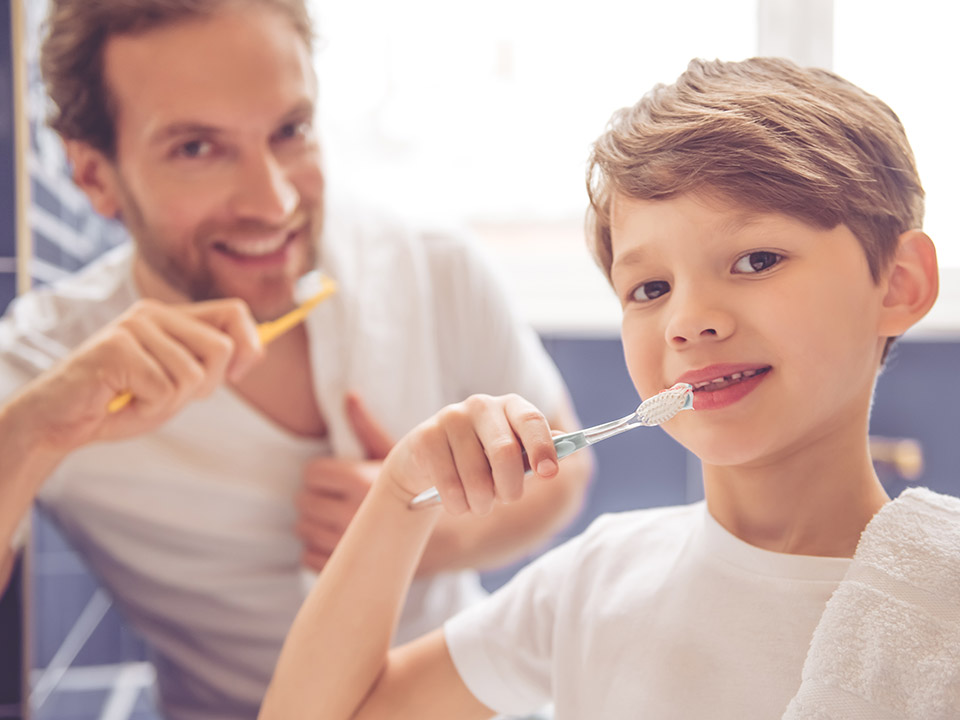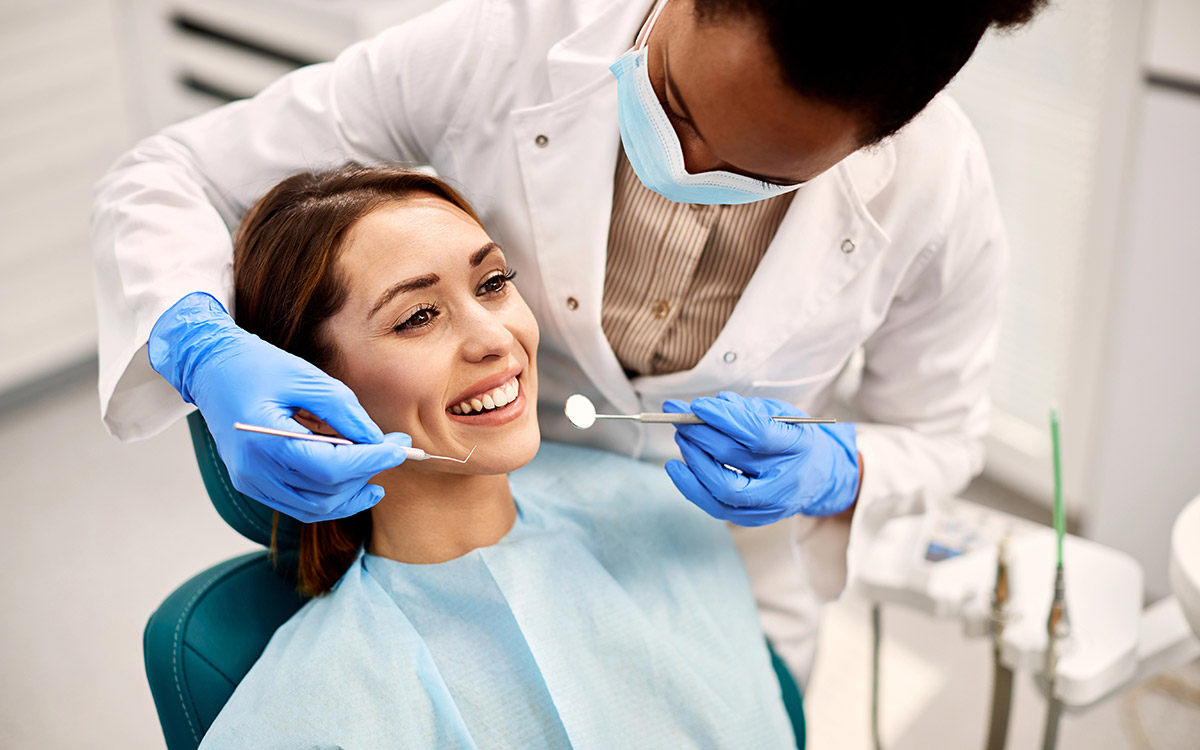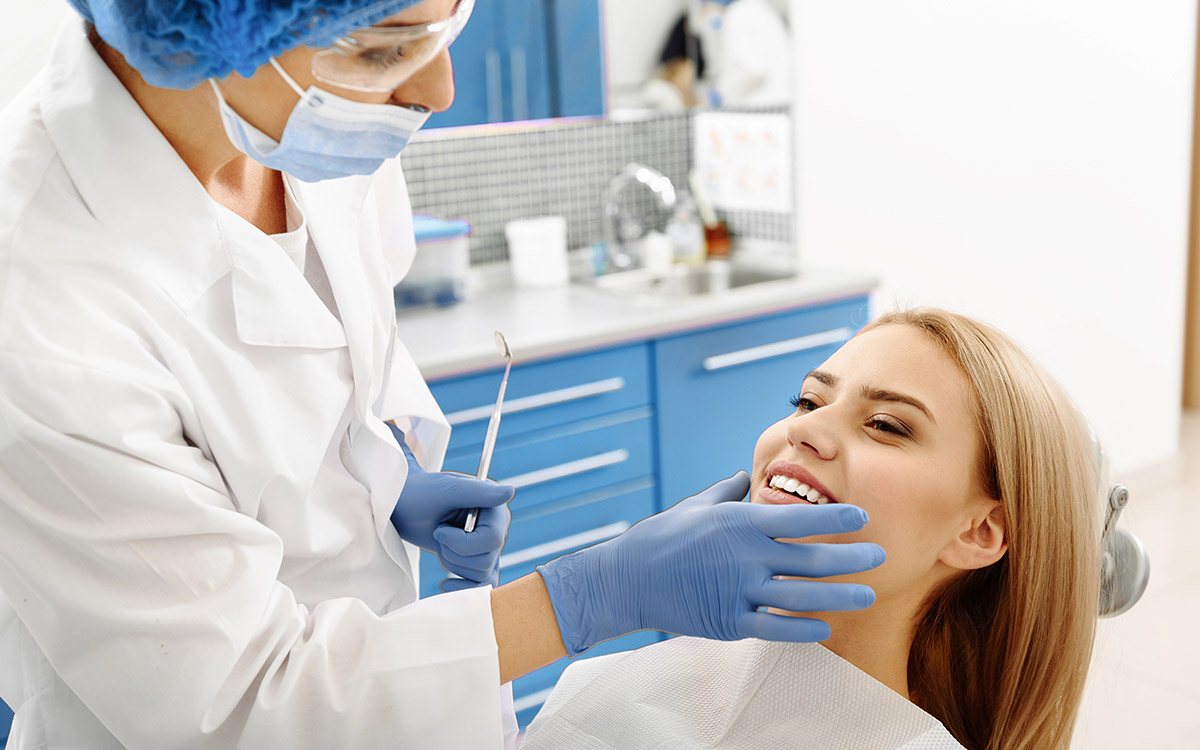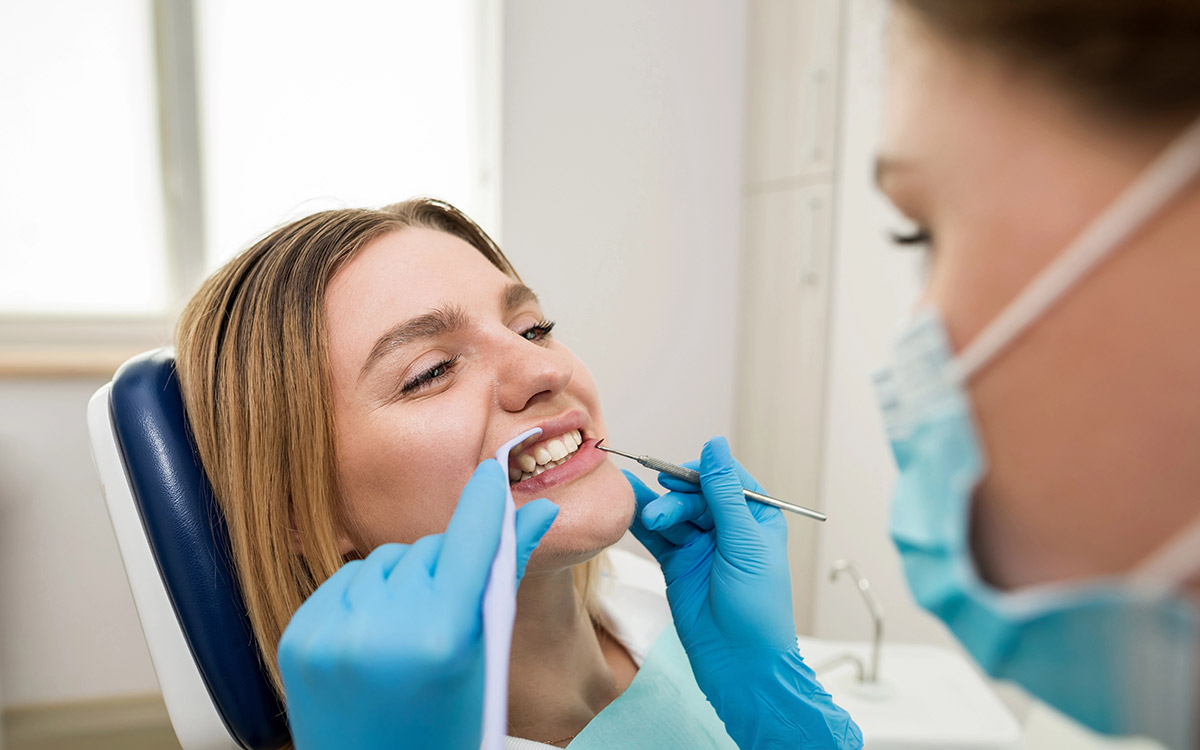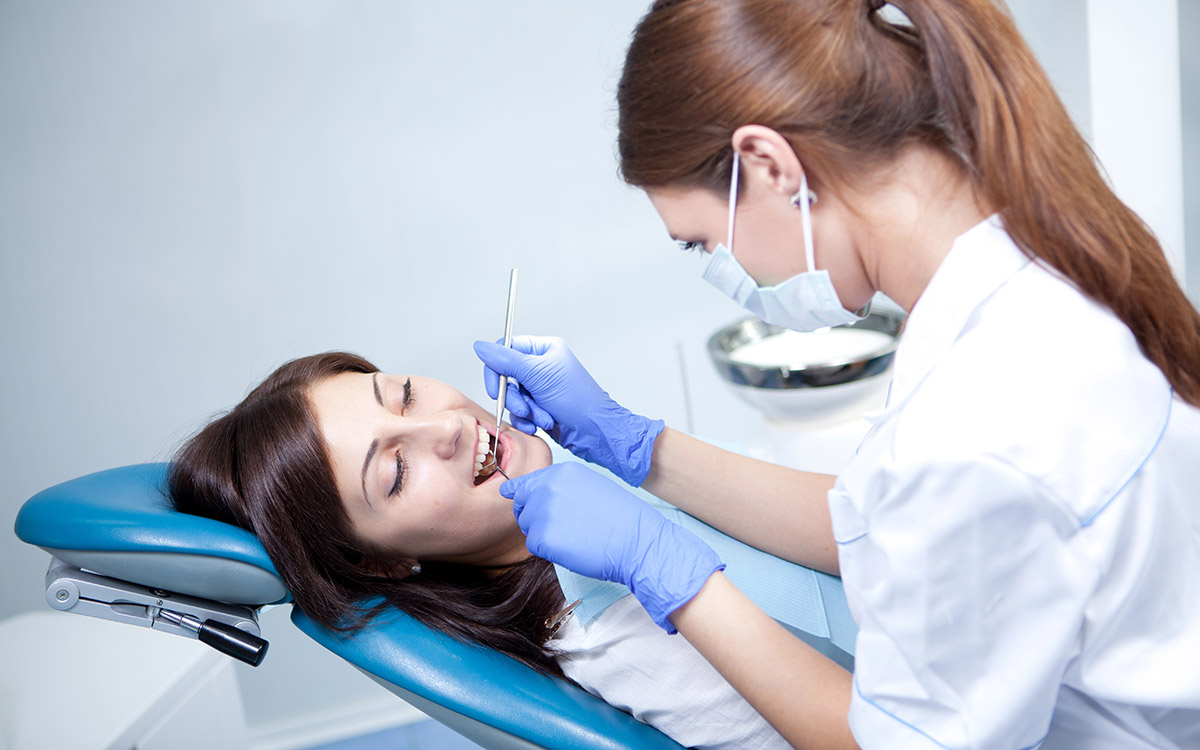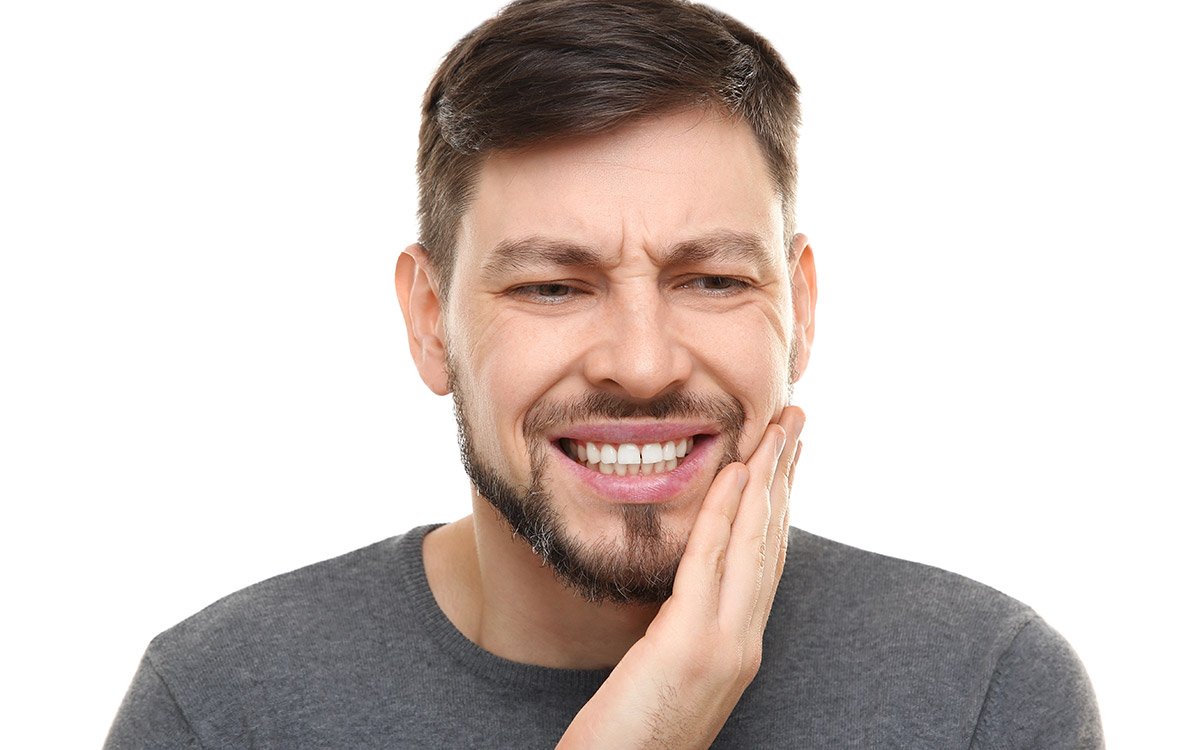The initial set of teeth a person develops is called baby teeth. They are also known as primary, temporary, or deciduous teeth. These teeth start to erupt between the ages of six and ten months. By three, most of the 20 baby teeth have fully erupted.
The baby teeth are forced out as another set of adult teeth, also known as permanent teeth, begin to grow behind them. Typically, the baby teeth start to fall out around the age of five or six.
How do teeth develop?
Around the age of six months, baby teeth start to appear. Depending on the type of tooth, they can keep coming in for another 30 months or so. Adult teeth begin to erupt closer to the gum line when a child is between the ages of five and six. The baby teeth loosen and fall because of the roots eroding.
Most people have a set of 28 adult teeth by the time they are 12 to 14 years old, having lost all of their baby teeth by that time. Usually, the last four teeth, the wisdom teeth, erupt between the ages of 17 and 21.
What Are Retained Baby Teeth?
Usually, permanent teeth fill in the space left by the baby teeth. But occasionally, adults retain the baby teeth, also known as retained deciduous teeth. In other words, one or more of their baby teeth stay put until adulthood without falling out or being pushed out. The size of adult and baby teeth is the most evident distinction.
Compared to adult teeth, baby teeth are tiny. Additionally, they are whiter since they have less enamel than adult teeth.
Baby teeth also have rounder, smoother edges. Adult teeth have distinct bumps on the highest edges as they erupt first, which is supposed to aid their passage through the gum. But these “mamelons,” or ridges, frequently wear out over time.
About 25% of people keep their baby teeth over the average age at which they should fall out. Adults might have baby teeth for a long time, though, over time, they may become nonfunctional.
What Causes Retained Baby Teeth?
Baby teeth in adults are relatively common and often occur due to the absence of a permanent replacement.
An individual who does not have an adult tooth ready to emerge in place of the baby tooth is more likely to retain it until adulthood. Often, the missing adult teeth are the mandibular second premolars, which grow in the back of the mouth.
“Tooth agenesis” is the medical name for missing teeth. It affects females more than males. Adult baby teeth can form because of tooth development disorders such as:
- Anodontia: A set of teeth fails to erupt, or all permanent teeth are missing
- Hyperdontia: There is no space for permanent teeth to erupt because the patient has additional teeth.
- Hypodontia: One to five permanent teeth fail to erupt
- Oligodontia: At least six permanent teeth fail to develop
The ectopic eruption is another reason why adults develop baby teeth. This occurs when a tooth does not erupt normally from the gum.
The successor tooth’s impaction is another factor that may contribute to adult baby teeth. This happens when a tooth fails to shoot out and stays buried in the bone or gum tissue longer than it should.
However, even if a permanent tooth is present, it might not erupt. This may happen for various reasons, including:
- Mouth infections or injuries.
- Genetics, such as a history of partial tooth penetration in the family; some persons may be genetic carriers of the disorder.
- Ankylosis: It is an uncommon condition that causes the teeth to bond to the bone and prevent any movement
- Other disorders, including ectodermal dysplasia and endocrine abnormalities that affect how teeth form
The second molar is more likely to stay in place in persons who still have their adult baby teeth. This is because there often isn’t a stable one developing behind it.
According to studies, patients who retain second molars until 20 years are less likely to develop dental issues. On the other hand, incisors and first molars retention may necessitate further treatment.
What Are The Risks Of Leaving Adult Baby Teeth Untreated?
Failure to treat adult baby teeth can lead to tooth development issues, including:
- Diastema: The teeth have voids or spaces between them
- Occlusal injury: When the patient closes their mouth, their teeth do not line up
- Infraocclusion: While the adjacent teeth continue to erupt, baby teeth remain fixed in place
How Are Baby Teeth In Adults Treated?
The treatment options depend on the circumstances. Occasionally, keeping the tooth is the healthiest course of action. It could be a better option to maintain the baby tooth if it is healthy and stable.
The dentist keeps an eye on it to ensure that the situation is steady and healthy. This strategy only needs a little upkeep.
But further treatment may be beneficial if there are problems with the tooth or concerns about future oral health. The treatment options include:
Surgery and Orthodontics
Even if the root and crown are healthy, modification may still be necessary to prevent infraocclusion. The simplest modification method is to top the baby tooth with a molded cap. This preserves the tooth base integrity while giving it an adult tooth appearance.
Tooth Extraction
Some situations might call for extraction, such as:
Space closure
The baby tooth may demand extraction if there is severe crowding to realign the teeth. But, removal without a long-term replacement can result in future issues, particularly with dental implants.
Artificial Dental Implant
The replacement may be necessary if the baby tooth has flaws, such as root rotting. Often, implants are the preferred replacement option. But implants should only be used after late adolescence because the skeletal structure is still developing.
Partial dentures are the preferred option where many teeth are missing or have concerns with the oral tissues.
Autotransplantation
The replacement of the missing baby tooth with another tooth
Final Words
You should not retain adult baby teeth unless extraction causes additional dental and oral discomfort. Also, orthodontic treatments, such as braces, are unsuitable for infants. It may hasten the root resorption process, which may be a contributing factor in the origin of the orthodontic problem.
Make an appointment with us if you think you have adult baby teeth. Our dentist will offer individual recommendations and assist in deciding the appropriate course of action.

